Complete Guide to Health Education on Newborn Care:
“Health education on newborn care in 2024”Welcome to a complete resource on health education related to the care of newborns. While it’s an amazing experience, having a newborn presents some challenges. Newborn care involves skills, patience, and care to detail in everything from eating habits to sleep habits. This guide will cover a range of childcare topics and provide you with everything you need to make sure your child has the best start in life.
Health education on newborn care in 2024:
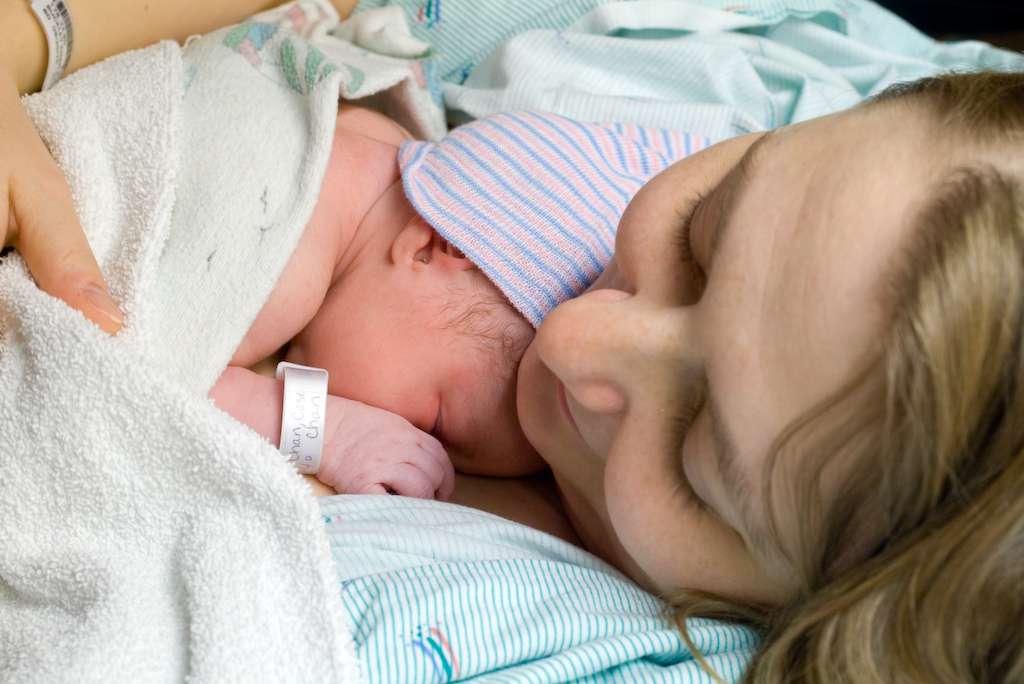
Table of Contents
Knowing What a Newborn Needs
Newborns are sensitive creatures that need extra care and attention. The best care can only be given if one is aware of their needs. These are the main topics of newborn care that we will cover here:
Feeding
The greatest way to provide babies with nutrients is to breastfeed them. It improves the link between mother and child in addition to offering important nutrients. Formula feeding, however, can be an excellent option if breastfeeding is not available. Because they have small stomachs and require regular feeding, babies must be eaten on demand.
Breastfeeding Strategies
The comfort and wellbeing of the mother and child are directly related to the use of proper breastfeeding steps. Successful breastfeeding depends on getting a good catch, keeping the baby in the right position, and having them feed for as long as they want.
Sleeping
Though their sleep patterns can be unpredictable, newborns sleep for much of the day. Create a sleeping environment that is favorable, like a welcoming require with an uncomfortable surface and no loose bedding, can help promote safe and restful sleep for your baby.
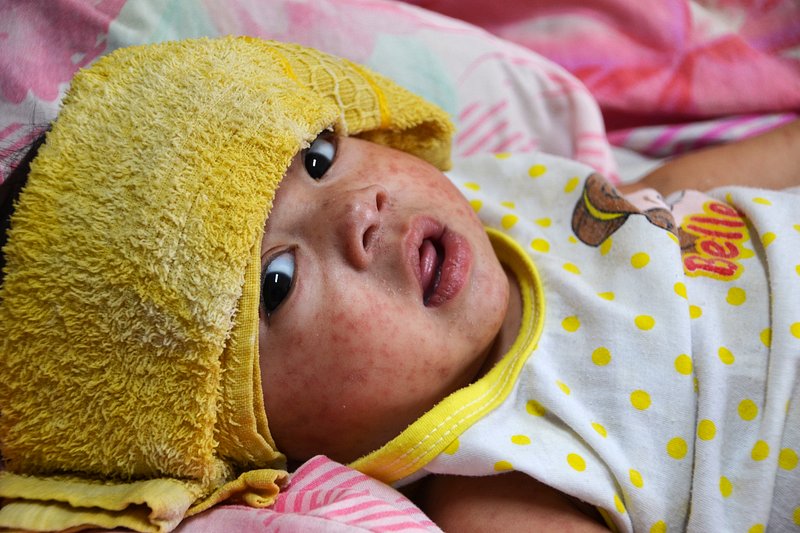
Creating a Sleep Schedule
Creating a regular sleep schedule for your baby can assist in controlling their sleep cycles. This includes creating a nightly schedule that includes activities that put your baby to sleep, like washing, feeding, and soothing activities.
Taking a shower and promoting hygiene
It takes extra care and attention to hygiene while bathing a newborn. Your baby’s skin should be gently cleansed, paying special attention to creases and folds, with warm water and mild, fragrance-free baby soap. When giving your baby a bath, always remember to support their head and neck.
Caring for the Umbilical Cord
Infection must be avoided by taking proper care of the umbilical cord stump. It normally falls off naturally during the first two weeks, so keep the area dry and clean and don’t dip it in water.
Read More :
Child care tips for parents in 2024
Typical Issues and Difficulties
As rewarding as caring for a baby might be, there are specific challenges and worries connected as well. Typical problems that parents could run into are as follows:
Sweet behavior
Newborns frequently have yellowing, which is brought on by high blood light levels. While moderate jaundice frequently goes away on its own, more serious cases might need to see a doctor. For early detection and therapy, it’s critical to keep an eye on your baby’s skin tone and visit a doctor if fever is suspected.
Rash of diapers
Newborns frequently get diaper rash as a result of extended exposure to wetness and allergens. Diaper rash can be prevented and treated by changing diapers often, keeping the diaper region clean and dry, and applying barrier creams.
The infection
When a perfectly healthy baby has colic, they cry a lot and are quite distressed. Even though colic’s specific cause is unsure, it can be upsetting for both parents and babies. Babies that are crying may be calmed by gentle calming methods like wrapping and wriggling.
Health Education Regarding Care for Newborns
Parents have an amazing and transformative experience when they welcome a newborn into the world. But happiness also brings with it the duty to look after the health and welfare of the infant. Providing parents with the information and abilities they need to give their babies the best start in life is made possible through health education on newborn care.
An Overview of Baby Care
From the time of birth through the first few months of life, newborn care refers to a broad range of procedures used to support the health and development of newborns. A newborn requires a lot of knowledge, from feeding and bathing to identifying the signs of disease.
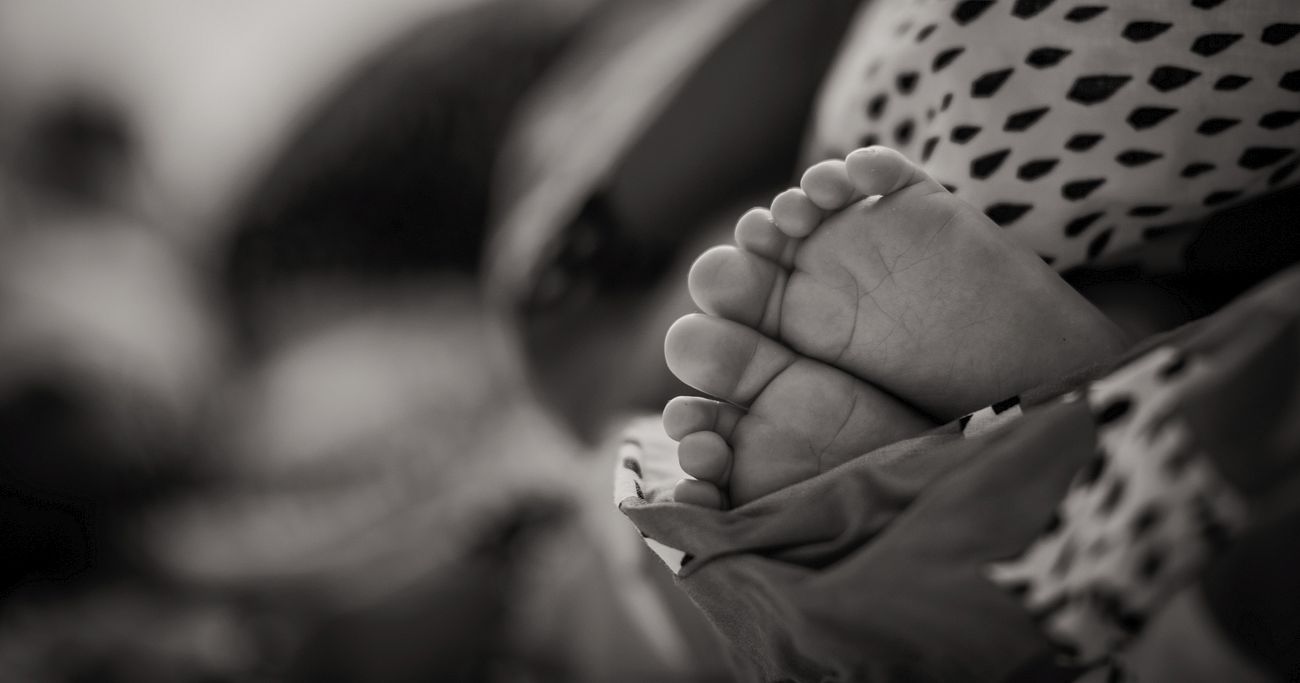
Health Education’s The Role for Newborn Care
For a number of reasons, appropriate health education on newborn care is important. First of all, it provides parents with the information and assurance they require to make wise choices regarding the health and welfare of their newborn. It also supports in reducing the possibility of mistakes, sicknesses, and injuries, which ultimately creates a secure and caring atmosphere for the baby.
Getting Ready for the Arrival of a Newborn
It’s crucial to get ready for the new family member before the baby is born, both emotionally and physically. As part of this, the nursery must be provided with basics like a child’s bed, changing table, and baby monitor. A successful transition into motherhood also depends on having the essential baby supplies on available, such as clothing, bottles, and diapers.
Preparing the Nursery
Making the nursery comfortable and useful is essential to guaranteeing the safety and comfort of the child. To lower the danger of the condition, use breathable, soft bedding and keep any loose objects—like blankets or stuffed animals—out of the bed.
Required Baby Equipment
Purchasing basics for the child, including a stroller, car seat, and baby carrier, can make going places with the new baby easier and more enjoyable. You may also make sure you’re ready for bath time and changing your kid’s diaper by keeping a supply of towels, clothing, and baby benefits saved up at home.
newborn diet
A newborn’s ability to grow and develop normally depends heavily on their nutrition. Making sure that the child gets enough nutrition, whether through healthcare or formula feeding, is essential for their overall health and well-being.
Benefits of Breastfeeding
There are multiple benefits to breastfeeding for both the mother and the child. A baby’s immune system is boosted and protected against conditions by the nutrients and antibodies found in breast milk. In addition to strengthening the mother-child bond, nursing may lower the child’s later-life chance of developing certain medical conditions.
Guidelines for formula feeding
Formula feeding offers a healthy substitute for breastfeeding for moms who are unable or do not wish to do so. In order to make sure your child gets the essential nutrients in the right amounts, it’s important to follow the rules for preparing the formula and feeding it.
Showering and Keeping Clean
For the newborn to remain clean and healthy, maintaining good hygiene practices is important. It is possible to prevent skin reactions and infections by giving babies regular baths and changing diapers on time.

Bathing Methods
If you’re bathing the child, wash their sensitive skin with warm water and a mild baby soap. Never let a baby alone in the water, not even for a little period of time, and always support their head and neck.
Tips for Diapersing
A baby can avoid diaper rash and discomfort by changing their diapers frequently. To keep the diaper region clean, use mild wipes or warm water with a soft cloth. Then, to prevent skin irritation, dab on some diaper cream.
Recognizing Signs of Illness
Despite your best efforts to keep the baby healthy, they may still experience occasional illnesses or discomfort. It’s important to be able to recognize the signs of common newborn health issues and seek medical attention if necessary.
Common Newborn Health Issues
From minor ailments like diaper rash and colic to more serious conditions such as fever or breathing difficulties, newborns are susceptible to a range of health issues. Keep an eye out for symptoms such as excessive crying, difficulty feeding, or unusual changes in behavior, and consult a healthcare provider if you have any concerns.
Newborn Developmental Milestones
Monitoring the baby’s developmental milestones is an important aspect of newborn care. These milestones provide insight into the baby’s growth and development and can help identify any potential developmental delays or concerns.
Physical Development
In the first few months of life, newborns undergo rapid physical growth and development. From lifting their head and rolling over to sitting up and crawling, each milestone represents an important step in the baby’s journey towards mobility and independence.
Cognitive Development
Alongside physical development, newborns also experience significant cognitive growth. They begin to recognize familiar faces, respond to sounds and voices, and explore their surroundings through sight, touch, and sound.
Creating a Safe Environment
Creating a safe environment is essential for protecting the baby from accidents and injuries. Babyproofing your home and following safe sleep practices can help minimize the risk of harm and promote a secure and nurturing environment for the newborn.
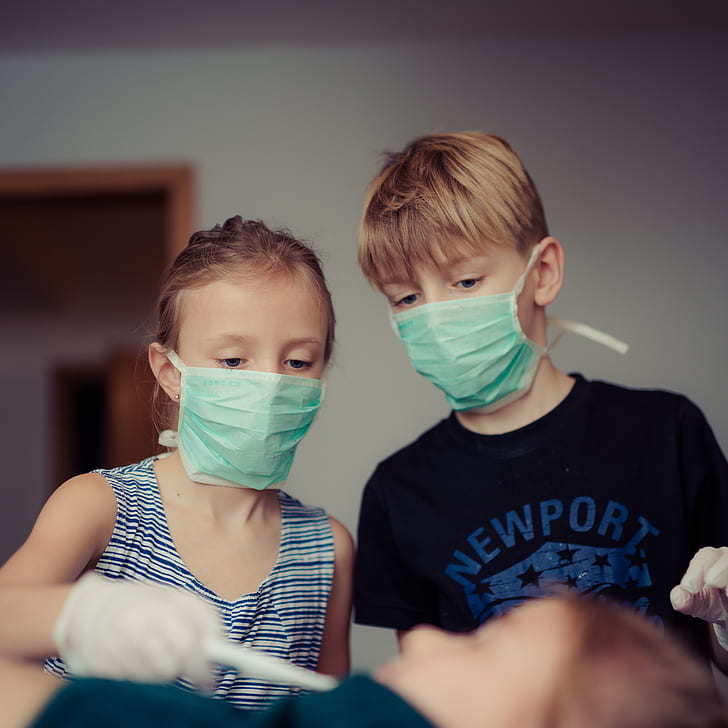
Babyproofing Your Home
Take steps to babyproof your home by securing cabinets, outlets, and sharp objects out of reach, and installing safety gates and window guards where necessary. Additionally, be mindful of potential hazards such as choking hazards and small objects that the baby could swallow.
Safe Sleep Practices
Follow safe sleep practices recommended by healthcare professionals to reduce the risk of sudden infant death syndrome (SIDS). This includes placing the baby on their back to sleep, using a firm mattress with a fitted sheet, and avoiding loose bedding, pillows, and soft toys in the crib.
Postpartum Care for Mothers
In addition to caring for the newborn, it’s important for mothers to prioritize their own postpartum recovery and well-being. From physical healing to emotional support, self-care plays a crucial role in adjusting to the demands of motherhood.
Physical Recovery
Give your body the time it needs to heal after childbirth by resting, staying hydrated, and eating nutritious foods. Gentle exercises, such as walking or pelvic floor exercises, can help strengthen your muscles and promote faster recovery.
Newborn Care Basics:
- Physical Care: This includes feeding, diapering, bathing, dressing, and keeping the umbilical cord clean. Wash your hands before handling your baby and follow safe sleep practices (always place baby on their back to sleep).
- Soothing: Newborns cry to communicate their needs. Try feeding, rocking, singing, or skin-to-skin contact to calm them.
- Bonding: Spend lots of time cuddling and talking to your baby. This helps them feel safe and loved.
Education for Newborns:
While you can’t formally educate a newborn in the traditional sense, you can definitely start laying the foundation for learning! Here’s how:
- Talk and Sing: Narrate your day, sing songs, and respond to their coos. This exposes them to language and helps brain development.
- High Contrast Stimulation: Show your baby black and white mobiles or pictures. Newborns see best in high contrast at first.
- Tummy Time: Place your baby on their tummy for short supervised periods throughout the day. This strengthens their neck and back muscles.
Resources for Further Reading:
- Caring for a newborn baby – NHS: [NHS newborn care]
- Everything You’ve Wanted to Know About Taking Care of a Newborn Baby – Parents: [parents newborn care]
- A Guide for First-Time Parents – Kids Health: [kidshealth newborn care]
Conclusion
In conclusion, providing proper health education on newborn care is essential for ensuring the well-being of both parents and babies. By understanding the needs of newborns, addressing common concerns, and seeking support when needed, parents can navigate the early stages of parenthood with confidence and ease.
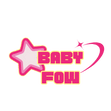





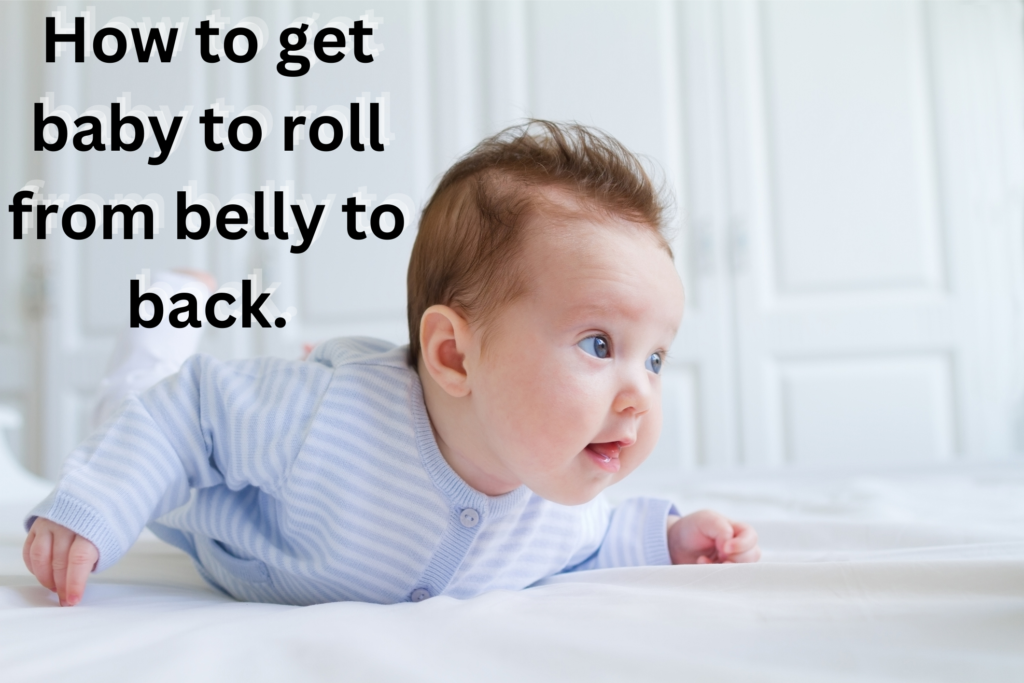

Your point of view caught my eye and was very interesting. Thanks. I have a question for you.
I don’t think the title of your article matches the content lol. Just kidding, mainly because I had some doubts after reading the article.
I don’t think the title of your article matches the content lol. Just kidding, mainly because I had some doubts after reading the article.
Your point of view caught my eye and was very interesting. Thanks. I have a question for you.